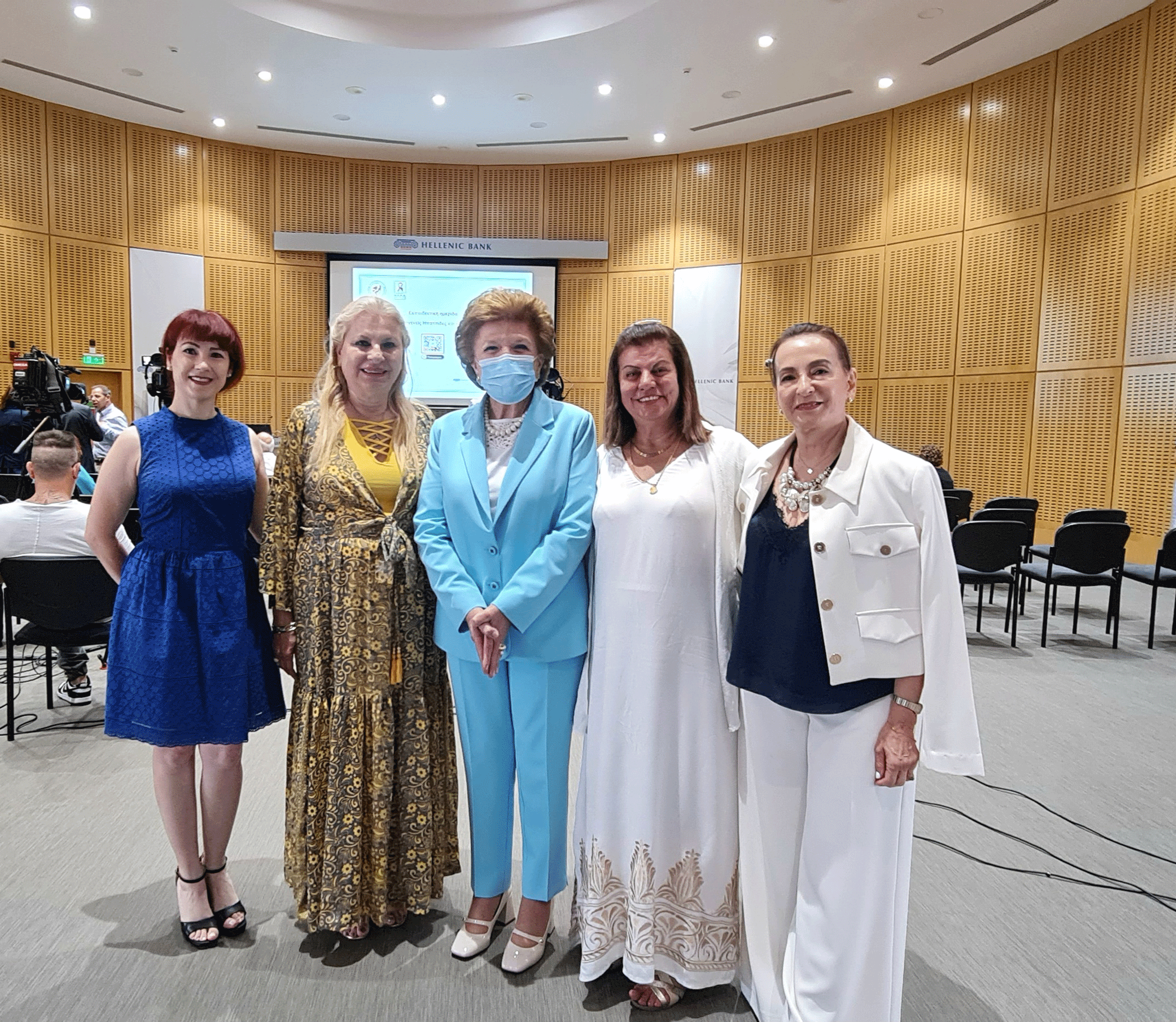Hepatitis infections are increasing in Cyprus, especially among young people, the association of liver patients and friends ‘Prometheus’ and the hepatitis society said on Friday.
During a workshop which focused on viral hepatitis infections and HIV/AIDS infections, it was revealed that from health ministry data that a high percentage of Hepatitis B infections from 2013-2022 were among the 15-24 age group.
In a welcome address by President Nikos Christodoulides, which was read at the opening of the workshop by health ministry permanent secretary Christina Yiannaki, it was stated that Cyprus has made significant progress in the treatment of these diseases, however, she noted that there is still much to be done.
She added that the government is moving forward with the development and implementation of comprehensive strategies aimed at reducing transmission, early diagnosis and access to treatment for all those in need.
According to the speech, information and education are fundamental to the prevention and treatment of viral hepatitis and HIV.
“It is essential to ensure that the public is properly informed about prevention methods, early diagnosis methods, available vaccines and treatment regimens and this will help prevent the occurrence of new infections and reduce the transmission of these diseases,” she said.
Yiannaki added that national and international cooperation is also necessary to tackle these diseases, adding that they work closely with the World Health Organization, the European Centre for Disease Prevention and Control (ECDC), as well as other international organisations and adopt best practices and guidelines.
“Sharing knowledge and expertise helps us to improve our strategies to achieve our goals,” she said.
Referring to HIV, she said the health ministry remains committed to meeting and exceeding the revised targets for ending the epidemic as set by the Joint United Nations Programme on HIV and AIDS.
In Cyprus, she said it is estimated that 92 per cent of people living with HIV have been diagnosed, and among them 94 per cent are receiving antiretroviral treatment, of whom 97 per cent have achieved virological suppression.
Commenting on Hepatitis, she said that a National Action Plan for the eradication of the Hepatitis C virus in Cyprus has been developed.
“Through the National Vaccination Programme, vaccines for Hepatitis B are provided free of charge, while all citizens of the Republic of Cyprus suffering from HIV at the Grigorios Clinic and patients with Hepatitis at the Hepatology Clinics of the Okypy (the state health services organisation) have free access to monitoring and treatment,” she said.
The head of the ‘Prometheus’ association, Yiannoula Koulla said that “unfortunately in Cyprus there is an increasing trend especially among young people, as according to data of the Epidemiological Surveillance Unit of the health ministry for the period 2013 -2022, a high percentage of new infections in hepatitis presents in the age group 15 to 24 years”.
Regarding Hepatitis C, she said it is mainly transmitted through syringe sharing by intravenous drug users, noting that the rate of new infections for the 15-24 age group is 10 per cent, while for the 25-44 age group it is 72 per cent.
Also, she said that the wave of economic migrants in Cyprus “has further complicated the situation, raising the rates of infections”, explaining that chronic viral hepatitis is a major factor for other more serious diseases that can often lead to death.
Referring to the elimination of hepatitis, Koulla said that the World Health Organisation, realising the role of chronic viral hepatitis in public health, has set a goal to eliminate it by 2030, while she added that its aim is to raise public awareness and intensify efforts at local and international level.
The President of the Centre for the Support of People Living with HIV/AIDS (Kyfa), Stella Michaelidou said that early diagnosis of HIV and hepatitis “saves lives”, while she urged people to get tested by calling 1464, since early diagnosis means reducing harm to the community.
Hepatitis B virus is transmitted through blood, bodily fluids (semen, vaginal secretions) during sexual intercourse, unsterilised needles and instruments, from mother to child at birth, while hepatitis c is mainly transmitted through contact with infected blood (use of an infected needle) or less commonly through the bodily fluids of an infected person during sexual intercourse.







Click here to change your cookie preferences